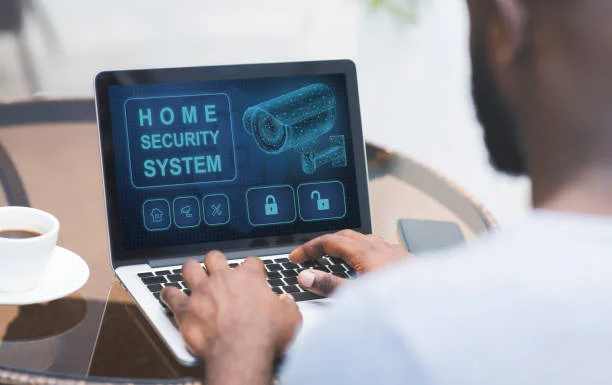In today’s digital world, your home computer is more than just a machine for browsing the internet or checking emails. It’s a hub for financial information, personal documents, photos, and private communications. Unfortunately, this makes it an attractive target for cybercriminals. Strengthening your home computer security is essential to protect your data and prevent cyberattacks. By following best practices, you can significantly reduce risks and keep your digital life safe.
Keep Your System Updated
One of the simplest yet most effective ways to improve your home computer security is to regularly update your operating system and software. Hackers often exploit vulnerabilities in outdated programs. By enabling automatic updates, you ensure your computer is always patched with the latest security fixes. Don’t forget to update applications like browsers, media players, and office software, as these are also common targets.
Use Strong, Unique Passwords
Weak or reused passwords make it easy for hackers to gain access to your accounts. Create strong passwords with a mix of uppercase and lowercase letters, numbers, and special characters. Consider using a passphrase that’s easy to remember but hard to guess. A password manager can also help you generate and store complex passwords securely, ensuring you don’t rely on memory or reuse the same password across multiple accounts.
Enable Two-Factor Authentication (2FA)
Adding a second layer of security through 2FA can dramatically strengthen your home computer security. Even if a hacker manages to obtain your password, they won’t be able to log in without the secondary verification step, such as a text message, app code, or biometric scan. Many email providers, financial institutions, and social media platforms now offer this feature.
Install Trusted Security Software
Antivirus and anti-malware programs are essential tools for defending against malicious threats. Choose a reputable security suite that offers real-time protection, regular updates, and features like firewalls or ransomware protection. While free software can provide some protection, premium versions usually offer stronger defense layers and better customer support.
Secure Your Wi-Fi Network
Your home Wi-Fi is a gateway to your devices, so securing it is critical. Change the default router login credentials, create a strong Wi-Fi password, and use WPA3 or WPA2 encryption. For added protection, consider hiding your SSID (network name) from public view and setting up a guest network for visitors to prevent them from accessing your main devices.
Be Cautious with Emails and Downloads
Phishing scams remain one of the most common ways attackers compromise systems. Always verify the sender before clicking links or downloading attachments. If an email looks suspicious, even if it appears to come from someone you know, double-check through another method. Only download software and files from trusted websites to avoid installing hidden malware.
Backup Your Data Regularly
Even with the best security practices, no system is completely immune to attacks or hardware failures. Regularly backing up your files ensures that you don’t lose valuable information if your system is compromised. Use external hard drives or cloud storage services with strong encryption for safe backups.
Limit User Privileges
Not every user in your household needs administrative access to the computer. Create separate accounts for family members and restrict administrative privileges to reduce the chance of accidental or intentional system changes. This practice also helps prevent malware from making system-wide changes if it infects a non-administrator account.
Stay Informed and Vigilant
Cybersecurity threats evolve constantly. Staying updated on the latest scams, attack methods, and protective measures helps you adapt quickly. Following trusted tech news sources or subscribing to cybersecurity alerts can keep you ahead of potential threats.
Final Thoughts
Strengthening your home computer security doesn’t require advanced technical knowledge—just consistent awareness and proactive measures. From keeping software updated to practicing safe browsing habits and securing your Wi-Fi, each step you take adds another layer of defense against cybercriminals. With the right practices in place, you can protect your data, maintain privacy, and enjoy peace of mind while using your computer at home.
ind solutions crafted for you; 2A Magazine turns curiosity into clarity.







